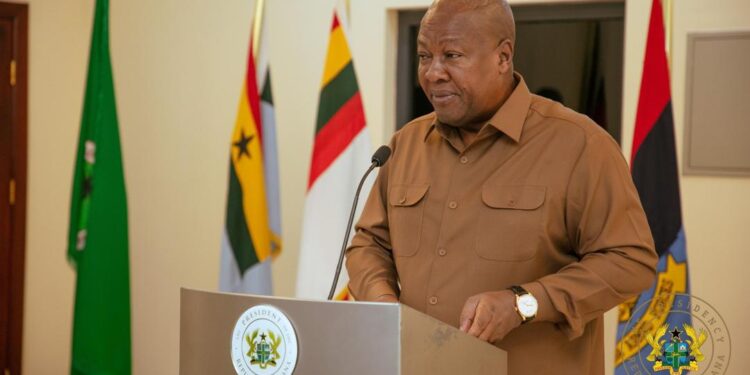The Minority Leader in Parliament, Haruna Iddrisu is requesting an audit of payments made to depositors whose funds got locked up in the financial sector crisis.
His request come on the back of the government’s insistence of fully paying 96 percent of depositor’s funds. With this, the Minority said there had been “a great breach of the law” and as such, due process must follow the payments.
Speaking to the press in Parliament, Haruna Iddrisu, iterated that the minority in Parliament wanted “greater transparency and accountability from government”.
He indicated that the Banks and Specialised Deposits Taking Institutions Act 930 section 130 mandates an inventory report from the receiver “one month of taking possession of a bank or specialised deposit-taking institution”.
Deputy Finance Minister, Charles Adu Boahen disclosed on July 28 that, 96 percent of depositors’ locked-up funds during the banking sector clean-up have been paid in full.
He made this revelation in Parliament during the debate on the Mid-Year budget review regarding the financial sector clean-up and the consequent collapse of some banks and microfinance institutions.
“We have also paid over ninety six percent of the depositors in the savings and loans, microfinance and banking sector, 96 percent of depositors have been paid in full. So it’s the remaining four percent who make the most noise that are still outstanding ad are yet to be paid”.
However, Mr. Iddrisu argued that the Bank of Ghana is supposed to publish the inventory report in two daily newspapers of national circulation and on the website of the Bank.
“We are asking, where is the inventory report on the collapsed banks and on the microfinance and savings institutions? Was it remitted to the Bank of Ghana? If yes, where is it?”
He further stressed that it was imperative the government respect the “letter and spirit of the law in question”.
Reacting to the concerns raised by the Minority, a Member of the Finance Committee, Anthony Effah says the demand for an audit in the midst of the process is unwarranted.
He refuted the claims of the minority arguing every information required will be provided by the central bank in accordance with the Act.
Mr. Effah buttressed his point by stating that the Securities and Exchanges Commission has indicated that the process for liquidating these companies has to go through the court, and as such due process must be followed.
“There is a procedure that has to be followed before these companies are wind up. They are still validating some of the claims and the SEC is on top of this”.
He further expressed his utmost confidence that the Auditor-General “will definitely audit every single monies released by the Minister of Finance to any public institutions”.
The government commenced a financial sector cleanup in August 2017 which led to the collapse of nine universal banks, 347 microfinance companies, 39 microcredit companies or money lenders, 15 savings and loans companies, eight finance house companies, and two non-bank financial institutions.
The Receiver for the defunct 347 Microfinance Companies and 23 Savings and Loans Companies and Finance Houses, Eric Nana Nipah, said on July 15 that, the government is not only interested in recovering assets and paying depositors, but will also commence prosecutions from August this year.





















